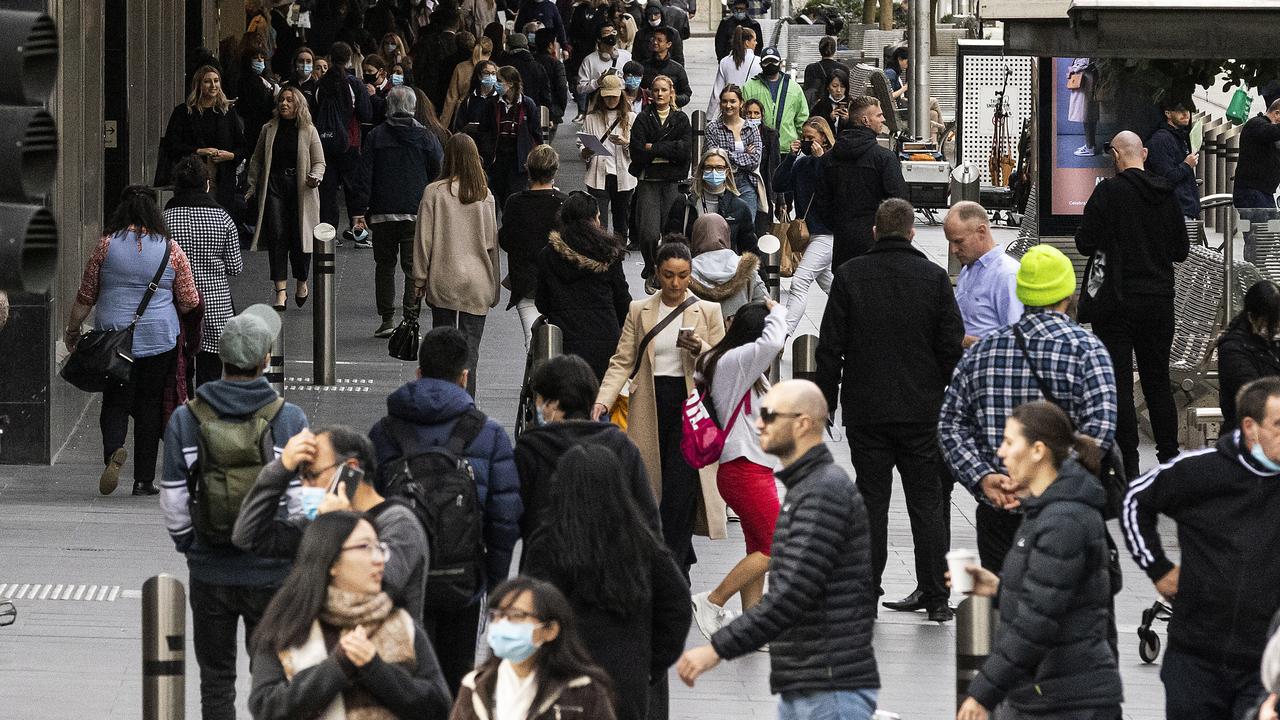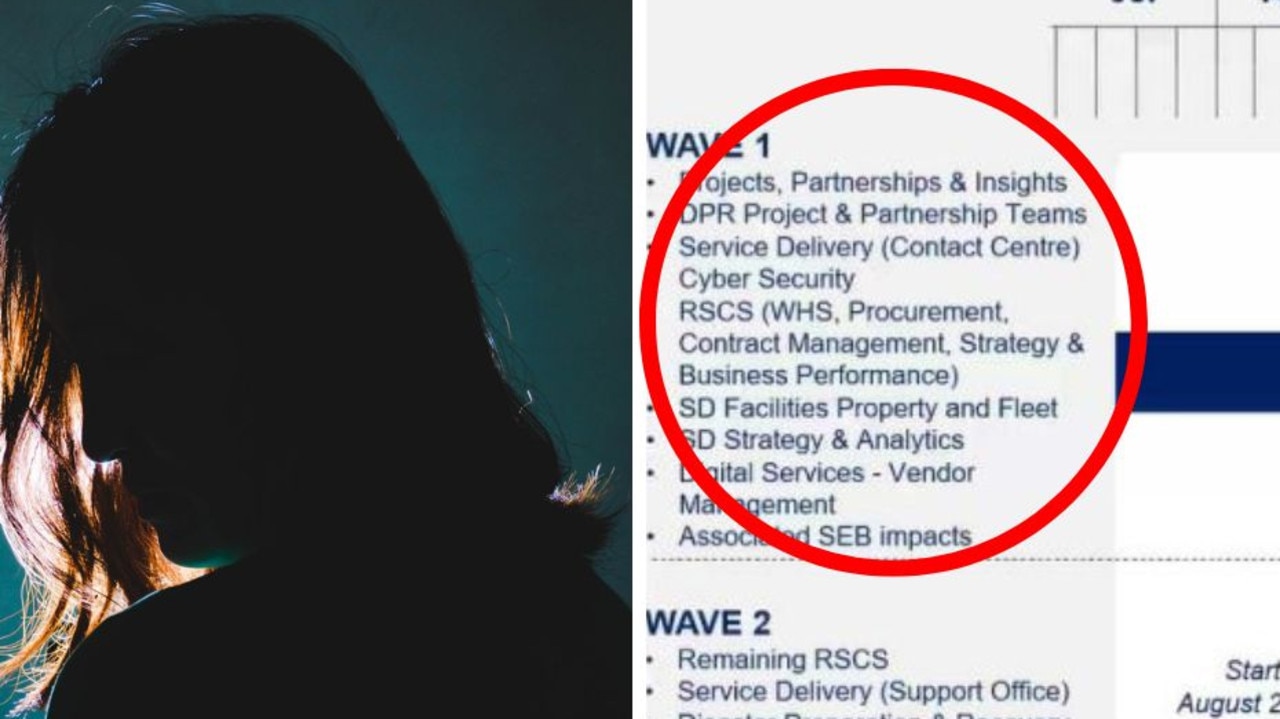Aussie landlords refusing to pass on rent hikes
Rents spiked as high as 6.9 per cent across Australia but some landlords are doing the unthinkable despite a cost-of-living crisis.
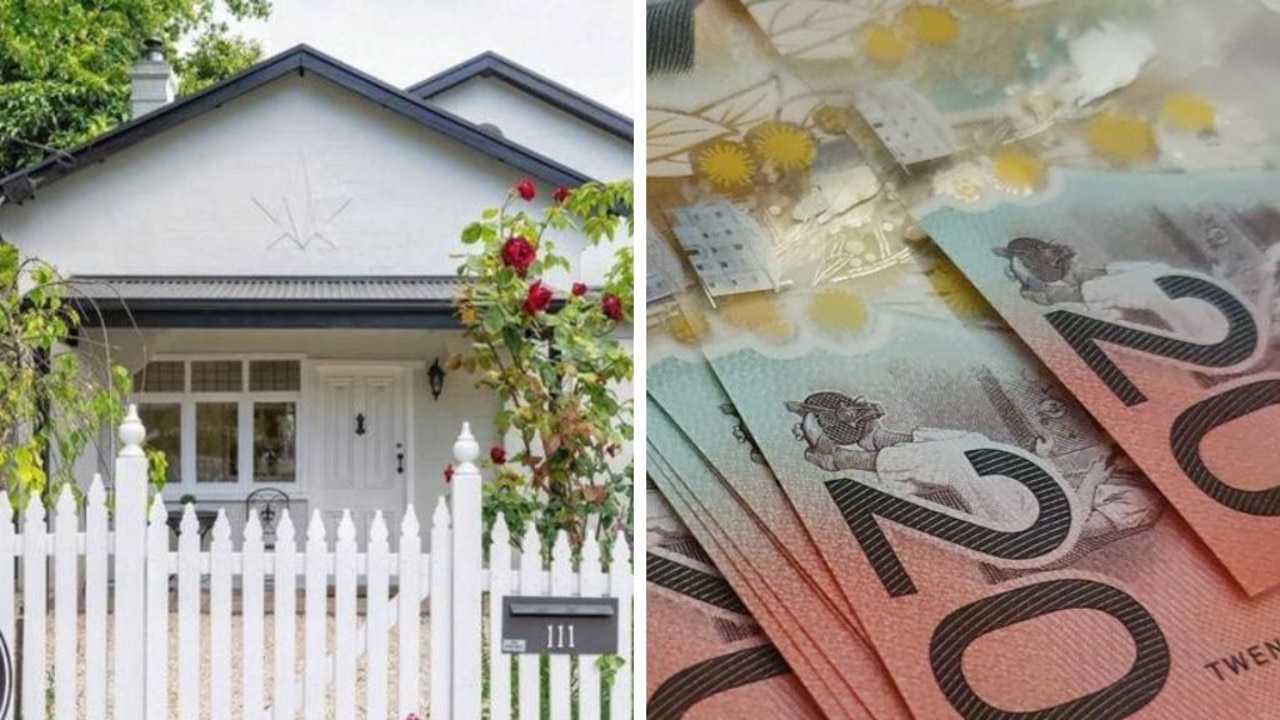
Business
Don't miss out on the headlines from Business. Followed categories will be added to My News.
There’s something happening in Australian rentals that is, well, very unexpected.
National median rents (the weighted average from the eight Australian capital cities) increased 2.8 per cent for houses and 6.9 per cent for other dwellings in the March 2024 quarter, according to the Real Estate Institute of Australia (REIA).
And rents jumped 33 per cent in the two years to January 2024, with a typical renter in a capital city paying $150 more for their lodgings each week.
But some landlords are bucking the trend and refusing to hike the cost of lodging.
After being evicted from her rented apartment last year when the owner wanted to sell the property, Natasha David, 50, was adamant she would not inflict the pain of housing insecurity on her own tenants.
She owned one rental property in Surry Hills and another in Corrimal at the time and lived in a leased apartment in Parramatta.
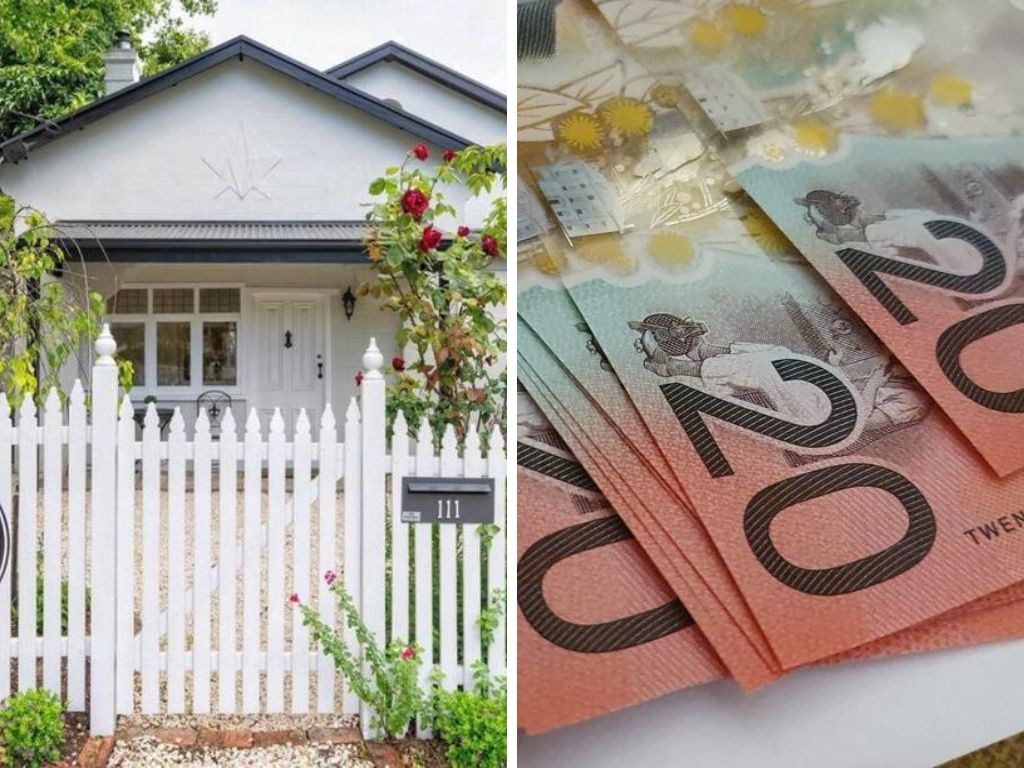
“I was absolutely shocked at how much higher the rents were and the number of people that would go to any of the rental places around the area – they were like lines of desperation,’’ Ms David said.
Both her rental properties were tenanted, so, she says, “I started to panic and thought, ‘if I can’t get a place [by the time I have to move out], what the hell will I do?’
“I’m quite well off, I’ve got options, I’ve got family, I’ve got backup and can pay above market rent, but so many people do not have those options, and the panic I felt in the weeks that I couldn’t find anything really wreaked a lot of psychological havoc.
“I really started to feel what it must be like to have housing insecurity.’’
In the end, Ms David sold her Surry Hills property and bought a home for herself in Parramatta.
“I do not wish to put that stress on others, particularly families, during the current cost of living crisis.
“I don’t know what my tenant’s situation is, but I have just refused to increase the rent and I won’t be putting it up for the foreseeable future.’’
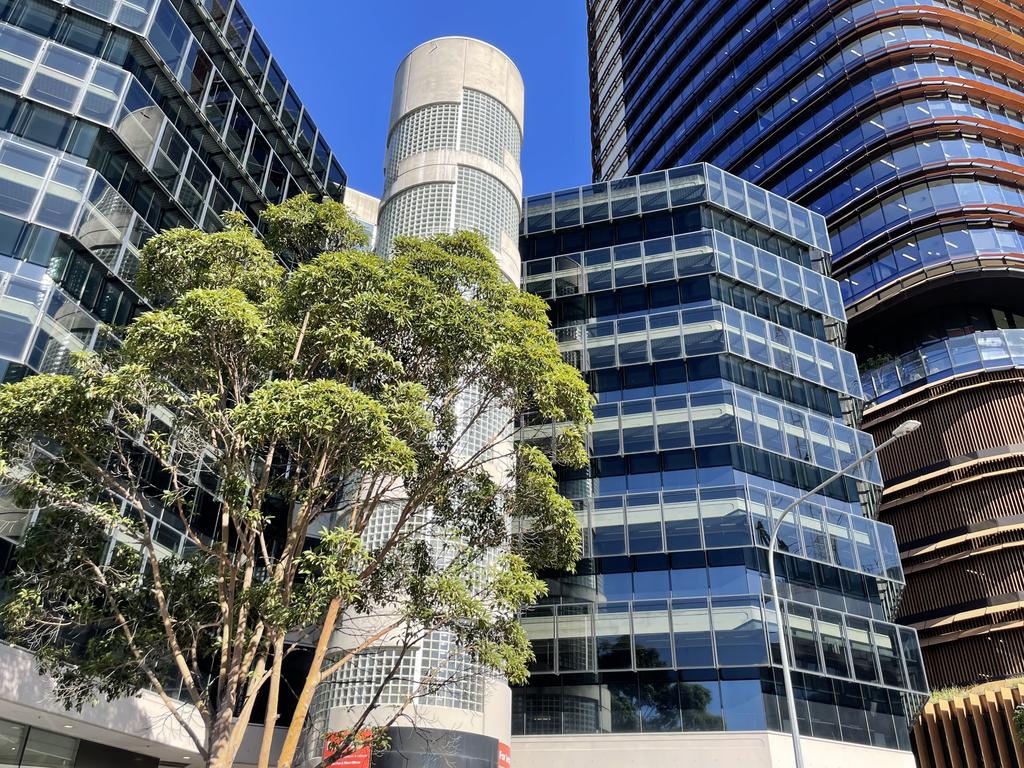
Although the mortgage on her investment property had almost doubled in the past two years, she already raised the rent once last year to alleviate the impact of interest rate rises so now covered the gap between the rent and mortgage herself.
Ms David called on other landlords to hold rents if they could.
Landlord Maureen Pound had three investment properties she rented out in Melbourne and Queensland.
Her real estate agent wanted her to raise the rent but she declined, preferring to support her tenants with housing certainty and stability.
Doing so also meant that “the longer they stay, the better it is for me as I do not have to go without rental income while new tenants are found (or pay advertising and re-letting fees)’’.
“When tenants leave, I may raise rent slightly to help cover my mortgages.
“Let’s be real here, the rents do not cover mortgages, especially in current interest rates, so I do understand owners raising them and do not want to demonise them for doing so.’’
Ms Pound believed most property owners were not greedy but had large mortgages and expenses which they managed by raising rents.
“Just not a great strategy or overly fair, especially if it’s a big rise in my opinion,’’ she said.
Property investor, data expert and accountant Moxin Reza had developed dozens of properties and helped other people build property portfolios of their own.
While cashflow and return on investment was always a focus, there was a limit before rental intake simply became greed, he said.
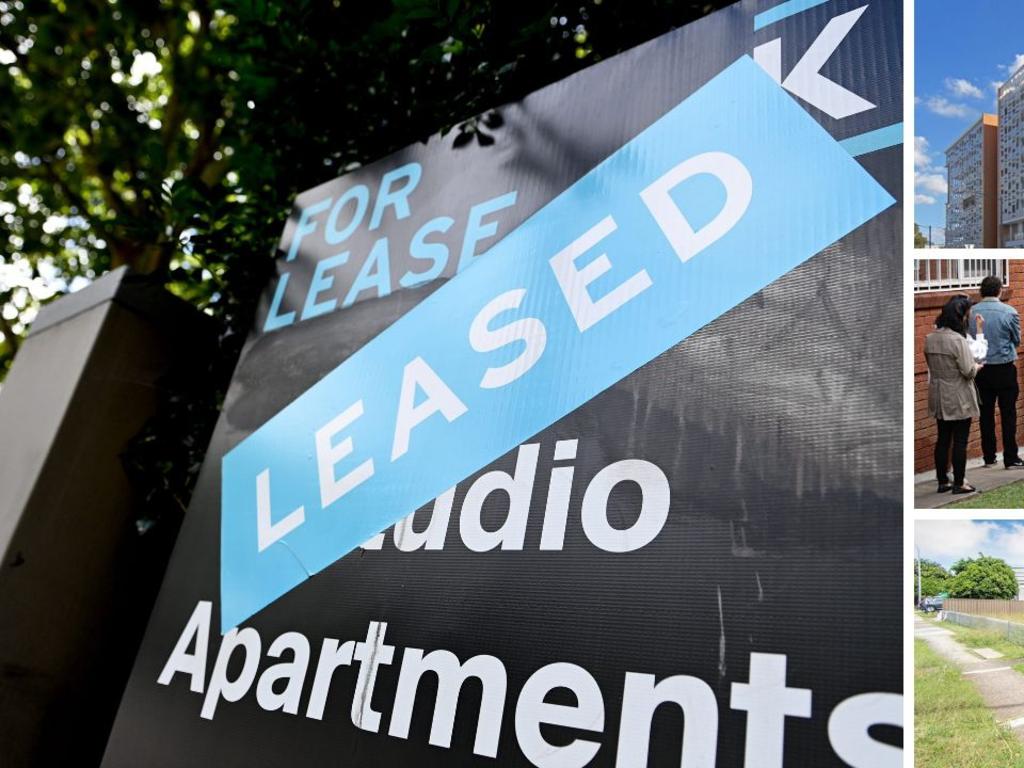
“From an investor’s perspective, if you have a tenant who’s been with you for some time and they’re easy going, they’re not creating a lot of repairs and maintenance, they’re not causing a lot of strife and disruption and you’ve paid the mortgage down a bit, then you have an opportunity to hold them.’’
Landlords could charge higher rent “but you lose the luxury of having peace and quiet in your life’’.
A new tenant who paid a premium would demand a premium property and service, while a long-term quality tenant might take care of minor repairs such as changing tap washers and not complain about wear and tear to the property.
“They are not asking for the light bulbs to be changed – they’ll just go out to Bunnings and pick one up themselves,’’ Mr Reza said.
Tenants expected regular rental rises within reason, but the current rental market was becoming unaffordable.
“It’s duck season for the investors, right? They can charge whatever they want.’’
The environment that had fostered greed had been years in the making: lack of housing stock, weak government policy, landlords who have overstretched on their mortgage investment and the banks who lent them money to buy two properties when they should have only bought one, he said.
Fast forward to today when interest rates had begun to rise.

Normally those investors would start selling properties and an avalanche of sales could prompt a housing bubble collapse.
However, that had not happened because rents continued to climb because of demand.
Many investors did not need to sell because their repayments were sitting at 6 per cent repayment or interest rate with an almost 7.5 per cent rental yield, Mr Reza said.
“It comes down to how much is enough.
“You don’t need to be the next Elon Musk or Mark Zuckerberg to retire. You don’t need to be greedy.’’
REIA president Leanne Pilkington said the fundamentals of the rental market were being dictated by too many people and not enough homes.
“… until these balance out it is unlikely to result in any improved conditions for renters.’’
Rental affordability (income to rent) was relatively stable over the past 20 years and had not followed the same trends as income to home loan repayments, Ms Pilkington said.
“Yes, rents have increased, but so too has our income.’’
Rental availability over affordability drove current market conditions, she said.
Vacancy rates were well under a healthy 3 per cent in every city across Australia and were likely to stay there for the near future with the national vacancy rate hovering at 1.4 per cent.
“We know cost of living is an issue, so we always encourage any renters experiencing difficulties to speak with their property manager and work together on a solution.’’
Ellen Hill has been a journalist for 30 years whose work has been published in The Australian, Daily Telegraph and suburban newspapers.
Originally published as Aussie landlords refusing to pass on rent hikes






